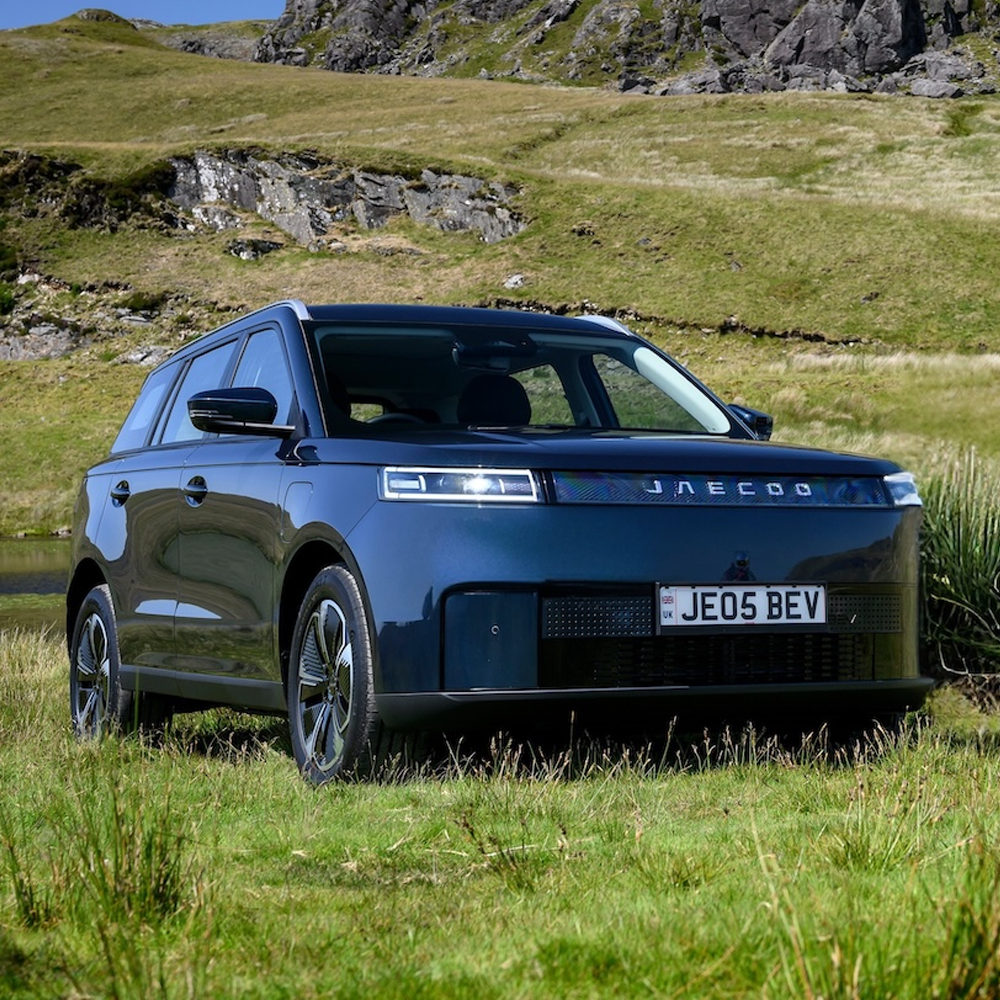
New study reveals EVs match ICE options for longevity
Published 18th March 2025
The inexorable shift within the automotive industry towards an electrified future reached another milestone recently. The old EV criticisms of range anxiety, purchase prices, and reliability are gradually being refuted. Better battery technology and falling production costs have seen EV ranges drastically improve and list prices start to match similar ICE models (petrol and diesel combustion cars). According to a recent study by Birmingham University, battery-powered electric vehicles are now matching petrol and diesel counterparts in the reliability department too.
Marking a pivotal moment in the drive towards sustainable transportation, the new study reveals that EVs are now more reliable than traditional cars and vans with petrol and diesel engines, easily matching the lifespans of those ICE alternatives.
The in-depth study involved researchers from the University of Birmingham, London School of Economics and Political Science (LSE), University of California San Diego, and University of Bern, Switzerland. The results reveal that, on average, EVs now have a lifespan of 18.4 years and can travel up to 124,000 miles, surpassing traditional petrol cars in mileage.
Great news for anyone thinking of leasing an EV this year.
Researchers used nearly 300 million UK Ministry of Transport (MOT) test records charting the ‘health’ of every vehicle on the United Kingdom’s roads between 2005 and 2022 to estimate vehicle longevity and provide a comprehensive analysis of survival rates for different powertrains.
While the research team confirmed something we already knew – that early EVs were less reliable than internal combustion engine vehicles – the data also revealed rapid advances in technology have enabled newer electric models to achieve comparable lifespans, even under more intensive use. The EV segment as a whole demonstrated the most rapid improvements in reliability, registering a 12% improvement in reliability for each successive year of production. By comparison, failure rates for petrol and diesel models improved by 6.7% and 1.9% respectively over the same time period.
Dr Viet Nguyen-Tien, from the LSE, commented: “Our findings provide critical insights into the lifespan and environmental impact of electric vehicles. No longer just a niche option, EVs are a viable and sustainable alternative to traditional vehicles - a significant step towards achieving a net-zero carbon future.”
Obviously, petrol and diesel engines have been around for a long time so there probably isn’t much room left for improvements in reliability. Having said that, batteries and electric motors have also been around for a very long time – longer than the internal combustion engine actually, and they’re relatively simple pieces of engineering too.
Aside from differences in powertrains, every car is made up of the same stuff so overall reliability is always going to be comparable regardless of ‘engine’ choice. Every car has the same basic components of suspension, steering, braking, and the same maintenance requirements those components require. In that regard, it’s the brand that has more of an impact on reliability than your choice of powertrain.
The only realistic concerns around EV reliability were those related to the early powertrain technology.
Given the aforementioned fact that we’ve been playing with batteries and electric motors for a few hundred years now, it shouldn’t come as a surprise that it hasn’t taken much improvement in either to render the internal combustion comparison irrelevant. When you factor in the vast sums of money the car industry can spend on technological research – now it’s collectively decided on a direction of travel – further improvements are as inevitable as the market forces that will motivate them.
Robert Elliott, Professor of Economics at the University of Birmingham, commented: "EVs offer significant environmental benefits, especially as Europe switches to a more renewable energy mix. Despite higher initial emissions from production, a long-lasting electric vehicle can quickly offset its carbon footprint, contributing to the fight against climate change - making them a more sustainable long-term option.”
And if you are thinking of leasing an electric vehicle this year and you fancy some in-depth research to help you make the right choice…
‘The Closing Longevity Gap between Battery Electric Vehicles and Internal Combustion Vehicles in Great Britain’ - Viet Nguyen-Tien, Chengyu Zhang, Eric Strobl, and Robert J R Elliott was published in the January 2025 edition of Nature Energy.



